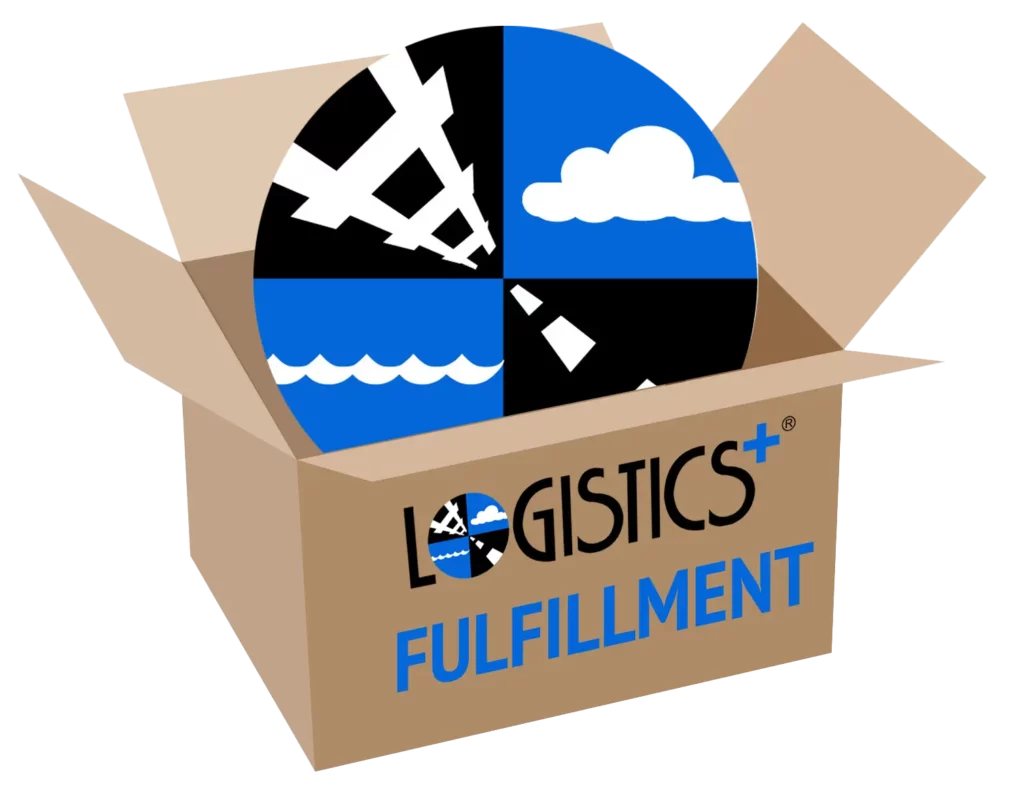In common parlance, “digital literacy” is a person’s ability to explore, use and communicate via digital platforms. But as a concept, digital literacy extends beyond personal use. It can refer to an organization’s overall proficiency with digital tools and ideas – or an entire industry’s openness to digital solutions.
Increasingly, it’s becoming clear that industries need to make meaningful updates to function efficiently in the 21st Century. The world is rapidly evolving, demanding tech-enabled convenience, security, innovation and sustainability. And if industries don’t deliver, they may risk obsolescence or seismic disruption.
This article explores three industries that can benefit from digital literacy. These industries are already making headway in embracing technological change (which we note in the sections below) but still have a way to go before widespread adoption and fluency.
Real Estate

Until very recently, the real estate industry maintained a staunch, dubious position toward technological change. Many practitioners preferred their manual, in-person, data-light way of doing things.
That’s changing now, thanks to cutting-edge real estate platforms that leverage the spectrum of emerging tech. “Incidentally, technological advancements are beginning to gain real traction in a stalwart industry that was initially skeptical,” Regan McGee told Superb Crew. Mr. McGee’s company, Nobul, is at the forefront of digital disruption in the industry, transposing open digital marketplace concepts to agent searches.
But the industry still has some work to do. In another interview, McGee recounts when a major brokerage owner sent him a nasty Christmas card reading, “Do you really think people are going to use a technology platform just because they can get better value and better price at something?”. It’s a small anecdote that underlines the industry’s continuing need for digital literacy and embrace.
Logistics and Fulfillment

The logistics and fulfillment industry has made serious strides in the past decade. The industry once operated on manual schedules or crude digital tools to organize supply chains. At best, it was a slightly inefficient way to get the job done. At worst, however, it massively contributed to excess greenhouse gas emissions and congested urban centres.
As tech platform Flowspace points out, the industry is throwing several ideas at the wall. Warehouses use big data to drive better decision-making; others use machine learning and AI to map the most efficient routes and bundles; and some forward-thinking companies are dabbling with wearables and AR in warehouses.
Agriculture
Agriculture is arguably the oldest industry in the world. It’s been around since the dawn of civilization (there would be no civilization without it). So, one can forgive the ag industry for being slightly behind on digital literacy.
But the agriculture industry needs digital literacy. As the U.S. Agency for International Development points out, “Without access to modern farming techniques or machinery, let alone science-based climate and weather data, farmers’ livelihoods hinge precariously on a changing environment that they’re struggling to understand.”
Thankfully, enterprising agriculturalists are beginning to explore how digital tools and platforms can benefit them. Some multinationals have already started using IoT moisture and temperature sensors for real-time insights on soil health. Others use drone photography to survey their crops. And more farms are adopting SaaS farm management platforms to help streamline various workflow tasks.
These industries may be wildly different in their services and makeup, but they share at least one commonality. Each of these three industries is working toward digital literacy, with innovators in each space keen to make big waves. And each industry has a way to go before it can benefit from the widespread adoption of digital platforms.

